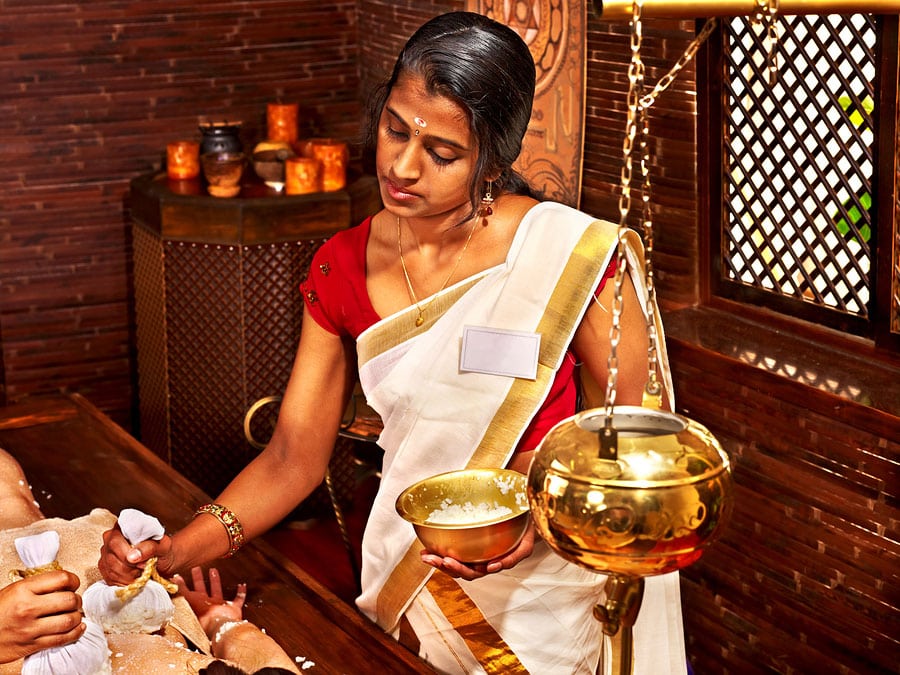Could Ayurveda help sufferers of Parkinson’s disease?

Ayurvedic practitioners in India are claiming that Ayurvedic techniques may be able to relieve some of the symptoms of Parkinson’s disease and other neurological disorders when allopathic medicine has failed, according to reports in the Indian press.
In one example, a 67 year old woman who had been diagnosed with Parkinson’s Disease and suffered from high blood pressure for over two years tried modern medical treatments and, after becoming frustrated at their lack of effect, decided to switch her focus to natural, Ayurvedic medicine.
She told the Deccan Chronicle;
“When I was diagnosed with Parkinson’s and high blood pressure, I started with allopathic medicine as it was the obvious thing to do, but my health didn’t improve.”
The woman in question had also suffered from a condition called cervical spondylitis for four years, and her symptoms of sleeplessness, weight loss, and memory loss didn’t get any better with conventional medicine.
The patient consulted Ayurvedic doctors and says that within just 14 days she noticed that the pain in her limbs which had been affecting her for years had reduced significantly. She also started to sleep better, an observation which was also reported on by her allopathic doctors.
Many patients who have visited Ayurvedic practitioners have claimed that Ayurveda has improved the symptoms of neurodegenerative disorders. According to Dr Radhika Verma, senior physician and HOD, Shalakya department, AyurVAID Hospital,
“We have treated many patients suffering from neurodegenerative disorders. With increasing life expectancy in modern times, the incidence of neurodegenerative diseases like Parkinson’s, Alzheimer’s, and Huntington’s disease is greater – due to their onset at a later stage in life.”
Awareness of Ayurveda and its potential in helping to manage symptoms and improve quality of life for people suffering with such illnesses is low, and so Ayurvedic doctors are keen to change people’s perceptions. Because many people don’t turn to Ayurveda unless they have no relief with allopathic medicine, they are often at a late stage of their illness when they consult an Ayurvedic doctor. “They still get a significant benefit,” adds Rajiv Vasudevan, MD and CEO AyurVAID Hospital. “People relate to it as a grandmother’s remedy but it is as effective as any other mainstream medicine.”
With more awareness of holistic therapies, including Ayurveda, a matter that is close to the heart of some of India’s most prominent politicians at the moment, perhaps there is the possibility that people will start to take it more seriously as a way to help treat serious illness?

